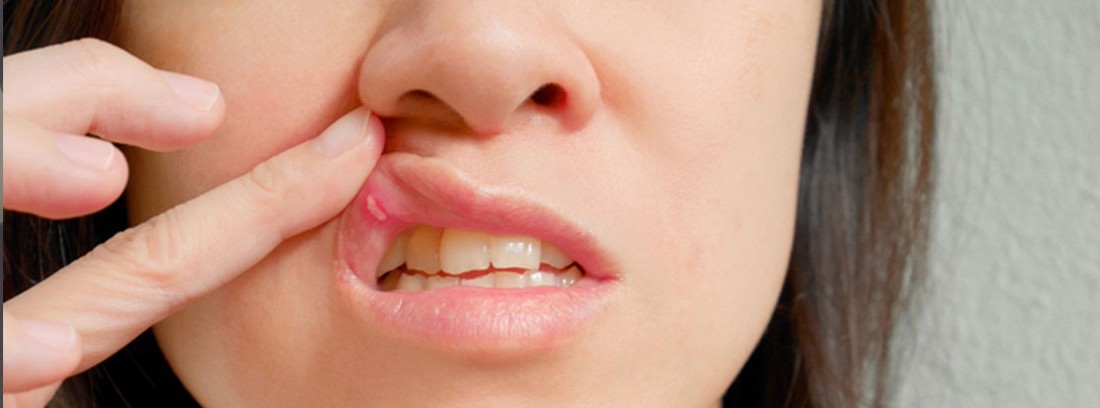Thrush
 | Canker sores are better known by the name of "sores in the mouth." They are ulcers that appear on the oral mucosa. These oral lesions are so common that just over 40% of children have ever had them.
| Canker sores are better known by the name of "sores in the mouth." They are ulcers that appear on the oral mucosa. These oral lesions are so common that just over 40% of children have ever had them.The canker sores various outbreaks appear in many children during infancy.
The cause of canker sores Recurrent is still unknown, although it appears that the immune system may play an important role. It could be an immune reaction where the body itself destroys the oral mucosa (autoimmune).
There are children who are more susceptible to producing thrush, and therefore, respond more easily to some triggers, such as trauma (wounds, bites), bacteria and even stress.
Symptoms of canker sores
Although the sores are small ulcers in the mouth, they cause a lot of discomfort and pain to the child. It is a very uncomfortable situation since they prevent such basic things as: swallowing saliva, eating, chewing and talking.
The appearance of canker sores is typical. They are lesions that appear in the, round or oval, shallow and of a white color in the center with reddened edges. Its size is like that of a lentil. They can appear on the tongue, inside of the lips and cheeks and floor of the mouth. They can also appear on the palate and on the gums, but they are not as frequent.
pain is the most important symptom. They produce a burning sensation that is intensified by contact with acidic or very hot food. They heal in about a week without scarring.
Canker sores do not cause fever unless they are associated with another infectious disease.
Not all the whitish lesions that appear in the mouth of children are thrush. Sometimes chewing hard food or vigorously brushing the gums can cause small, similar-looking trauma. It is important to know that in the mouth there may also be a type of lesion caused by the herpes virus, such as herpetic gingivostomatitis.
Canker sores treatment
As the cause of canker sores is not known, there is no specific treatment. Treatment is aimed at relieving symptoms until the canker sore heals on its own in 6-10 days.
Oral hygiene should be extreme using antiseptic mouthwashes. anti-inflammatory and analgesic medicines can be taken in the form of topical corticosteroid syrup and ointments to relieve pain. If the pain is very intense, the Pediatrician may prescribe a local anesthetic.
The ingestion of acidic, spicy or very hot foods should be avoided because they would cause a lot of pain to the child. A soft, sweet and warm or cold diet should be followed. The child should be offered fluids and water.
(Updated at Apr 15 / 2024)